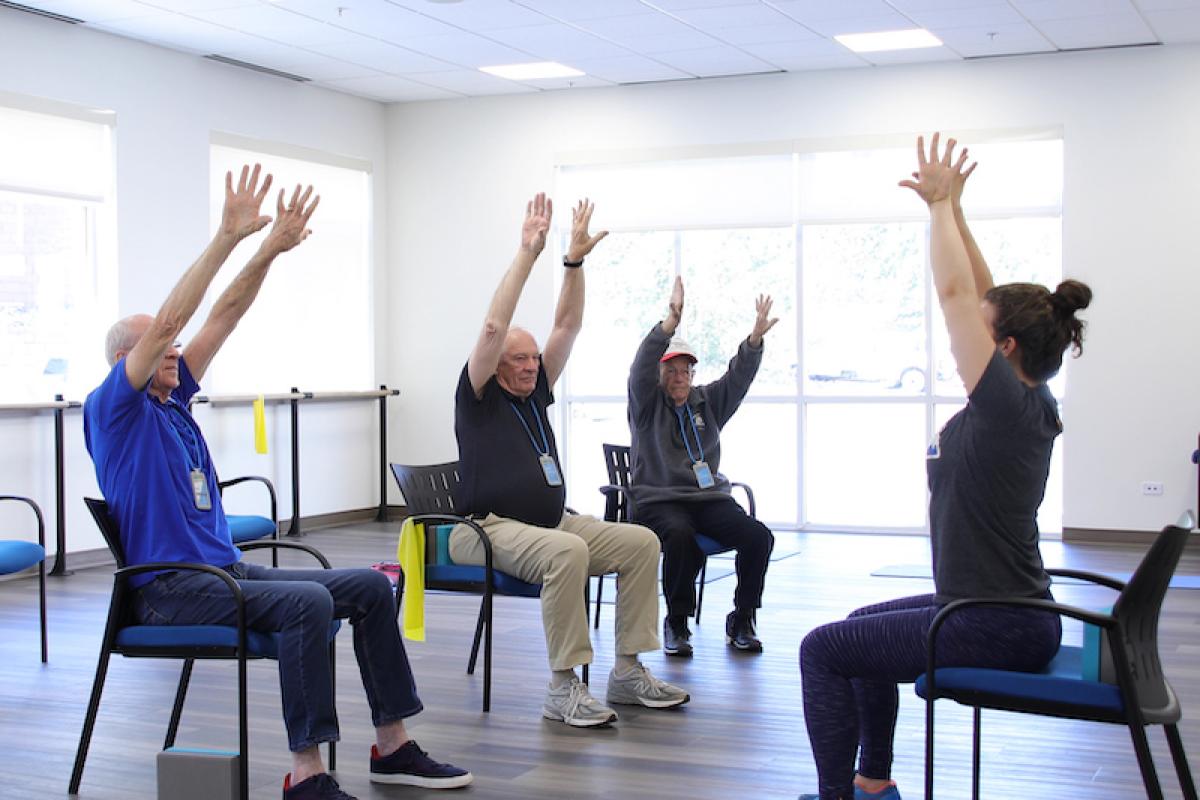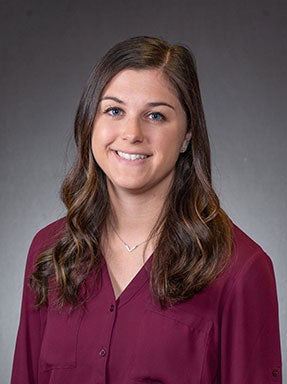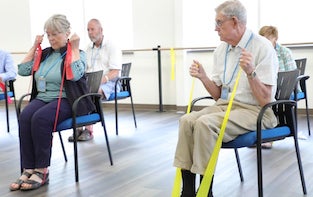DU Teams With Groundbreaking Program to Confront Dementia Diagnosis
Alumia Institute aims to improve cognitive function

Nearly 10 million people are diagnosed with dementia every year. That translates to one person every three seconds. Thanks to an aging population, the number of people living with dementia worldwide is set to triple by 2050. Astonishingly, there is no known cure and no comprehensive treatment plan.
That’s where a fledgling Colorado nonprofit, Alumia Institute, sees an opportunity.
What if people with a dementia diagnosis could turn to a place that promotes healthy aging, that not only focuses on strengthening the mind, but also factors in a balanced diet, music, art and heart health? In other words, what if the medical community could offer a multifaceted approach to a dementia diagnosis?
Armed with a big assist from a team of University of Denver professors, the visionaries behind Englewood-based Alumia created just such a program. For the first two and a half years, the Alumia team focused on designing this unique program, and then it opened its doors this year to members who apply for the opportunity to join.
Convinced that many dementia patients can slow the progression of cognitive decline or even improve their condition through activities that stimulate the brain and nourish the body, Alumia offers a variety of day programs. That includes mind games, workout classes, music therapy and art classes, all in a space that encourages peer socialization. What’s more, an in-house chef prepares meals based on the MIND diet, which has been found to improve brain health.
“Our members are actively engaged in therapeutic programming throughout the day that is customized to each individual member’s needs,” says Chip Watson, Alumia’s executive director with responsibility for day-to-day operations. “Each type of dementia is different and even then, people with the same type all present differently. Programming needs to be changed for each person to support things they are still doing well and to help build on things that have begun to slip.”
This approach to dementia derives from the European FINGER study, which the Alzheimer’s Association is funding in the United States as the POINTER study. Alumia was one of the first U.S. organizations to see promise in the research-based FINGER study and to design an entire campus around the findings.
After years of creating this specific program, Alumia realized the need to assess its efforts and monitor the cognitive progress of members. Alumia went in search of experts with extensive research experience.
Enter the University of Denver.
DU professors Kim Gorgens and Laura Meyer from the Graduate School of Professional Psychology, along with Dan Linseman from the Department of Biological Sciences, shared their expertise on the content of Alumia’s assessments, which new members complete when joining the program. These assessments help caregivers evaluate everything from cognitive skills to mental health on a monthly basis, along with quarterly assessments. Alumia shares the deidentified data with the DU team on a rolling basis to track the impact of the program.
“Alumia is groundbreaking. Programs that are committed to applying science with an equally strong commitment to generating scientific research make for an ideal academic-community collaboration,” says Gorgens, who is also a board member and research advisor for Alumia. “These kinds of living-learning laboratories are rare and offer faculty and students the benefit of translational research opportunities and the chance to deliver care to an underserved population with unique behavioral health care needs.”
The Graduate School of Social Work utilizes Alumia as a field placement for students with the opportunity to collaborate further in the coming months. Watson says the partnership with DU qualifies as one of the most important things Alumia does.
“Our partnership with DU provides us with valuable support and insights from amazing academic professionals who can support our mission,” Watson says. “We are working on multiple projects that include looking at how we help caregivers with their stress during caregiving, how we help the members maintain their cognitive health longer and grant programs to open up more opportunities for how we can help those in the community that we both serve.”
Watson says Alumia strives to create an environment where members feel OK to be who they are, disease and all.
“Dementia is a disease of loss; loss of cognitive abilities, loss of memories, loss of independence, loss of relationships … and when we can give them things back instead of taking things away, that is a win every day,” Watson says. “We are there for them on the good days and maybe even more importantly, we are there for them on the not-so-good days, and we can support them and hopefully make those days a little bit better and know that tomorrow brings us all something new.”











